#EndSARS: Take charge of Police tactical units, NEC tells govs
…Asks them to set up judicial panel to investigate police brutality
…Directs creation of special fund in states to compensate victims of brutality
…You must fish out policemen who killed protesters, govs tell IGP
The National Economic Council, NEC, has directed state governors to immediately establish state-based special security and human rights committee to supervise the newly formed police tactical units and all other security agencies.
The charge came against the backdrop of ongoing #EndSARS protests across the country, which resulted in the scrapping of the Special Anti-Robbery Squad, SARS, and its replacement by the Special Weapons and Tactical unit, SWAT.
This came on a day governors of the 36 states of the federation asked the Inspector General of Police, Mohammed Adamu, to fish out the policemen responsible for the deaths of protesters across the country.
Rising from its monthly meeting in Abuja yesterday, presided over by Vice President Yemi Osinbajo, NEC also directed the immediate establishment of state-based judicial panels of Inquiry across the country to receive and investigate complaints of Police brutality or related extra-judicial killings, with a view to delivering justice for all victims of the dissolved SARS and other police units.
The Council specifically resolved that state governors and the FCT Minister should take charge of interface and contact with the protesters in their respective domains.
According to NEC, the panels, which should be chaired by a respected retired State High Court Judge, should include representatives of youths, students, civil society organizations.
The idea of the Special Security and Human Rights Committee in all states of the Federation and the FCT, according to NEC, is to ensure that police formations and other security agencies in the state consistently protect the human rights of citizens.
Members of the special committee would also include representatives of youths, and civil society, while the head of Police tactical units in each of the state would also be a member of the committee.
On the the Judicial panel of inquiry, each state government was asked to set up the panel to be chaired by a retired High Court Judge, with other members selected by the state governor .
Other members of the panel are to include two representatives of civil society groups; one retired police officer of high repute; one youth representative; one student representative; and one representative of the State Attorney-General’s office and a representative from the National Human Rights Commission, NHRC.
‘’The terms of reference for the judicial panel is to receive and investigate complaints of Police brutality or related extra judicial killings; evaluate evidence presented/other surrounding circumstances, and draw conclusions as to the validity of the complaints; and recommend compensation and other remedial measures, where appropriate.
’The panel’s assignment should be concluded within a maximum of six months, unless it shows convincing reasons the state governor should allow an extension.
‘’There would also be human rights public complaints team of between two to three persons to receive complaints on an ongoing basis. That team would be established by the special committee on security and human rights,’’ NEC stated.
It was resolved that each state government should also set up such a complaints office to which members of the public could relate by telephone or social media channels.
NEC also directed all state governors to immediately establish a Victims Fund to enable the payment of monetary compensation to deserving victims.
Meanwhile, governors of the 36 states of the federation have asked the Inspector General of Police, Mohammed Adamu, to fish out the policemen responsible for the deaths of protesters across the country.
At a teleconference of the Nigeria Governors’ Forum, NGF, held yesteray, the governors said the policemen who attacked protesters must be “brought to book”.
“Governors were unequivocal that all police officers who participated in the abuse or actions that might have led to injury or the death of innocent citizens must be fished out and brought to book while other Nigerians who have been adversely affected by police brutality or other actions that were injurious to them or their loved ones, should be compensated,” read a communique Kayode Fayemi, chairman of NGF, issued at the end of the meeting.
The governors also said the IGP did not consult widely before dissolving SARS, adding that despite the excesses of the unit, its operatives assisted in tackling insecurity, particularly in the north.
The communique read further: “Members also recommended that the IGP, the Police Service Commission and the Nigeria Police Council should immediately review the remuneration and emoluments of police officers and explore ways to fund this in order to incentivize and motivate police officers who have pledged themselves in service of the country.
“Governors enjoined the IGP to be ready to forge stronger partnerships with State governments and the civil society to improve civil relations between the Nigerian Police and the Nigerian Public;
“Members also agreed that the concerns of the public went beyond a need for Police/FSARS reforms and included a demand for better governance; They noted the need to engage, consult the public and take decisions that address the underpinning issues leading to the protests.’’
‘’Members noted that some States had already started the process of engaging protesters and urged all States to engage all stakeholders for a collectively agreed resolution.
On the IGP’s plan to create SWAT, governors said though the effort might be necessary and in good faith, the timing was inauspicious “as the mood of the nation negates it and may understandably be misinterpreted as a surreptitious move to dress FSARS in another garb.
“Governors advised that throughout the reform process, the room for consultation may include sessions and direct feedback from the public, stressing that there is no single solution that applies to all the 36 States of the federation and the Federal Capital Territory.”
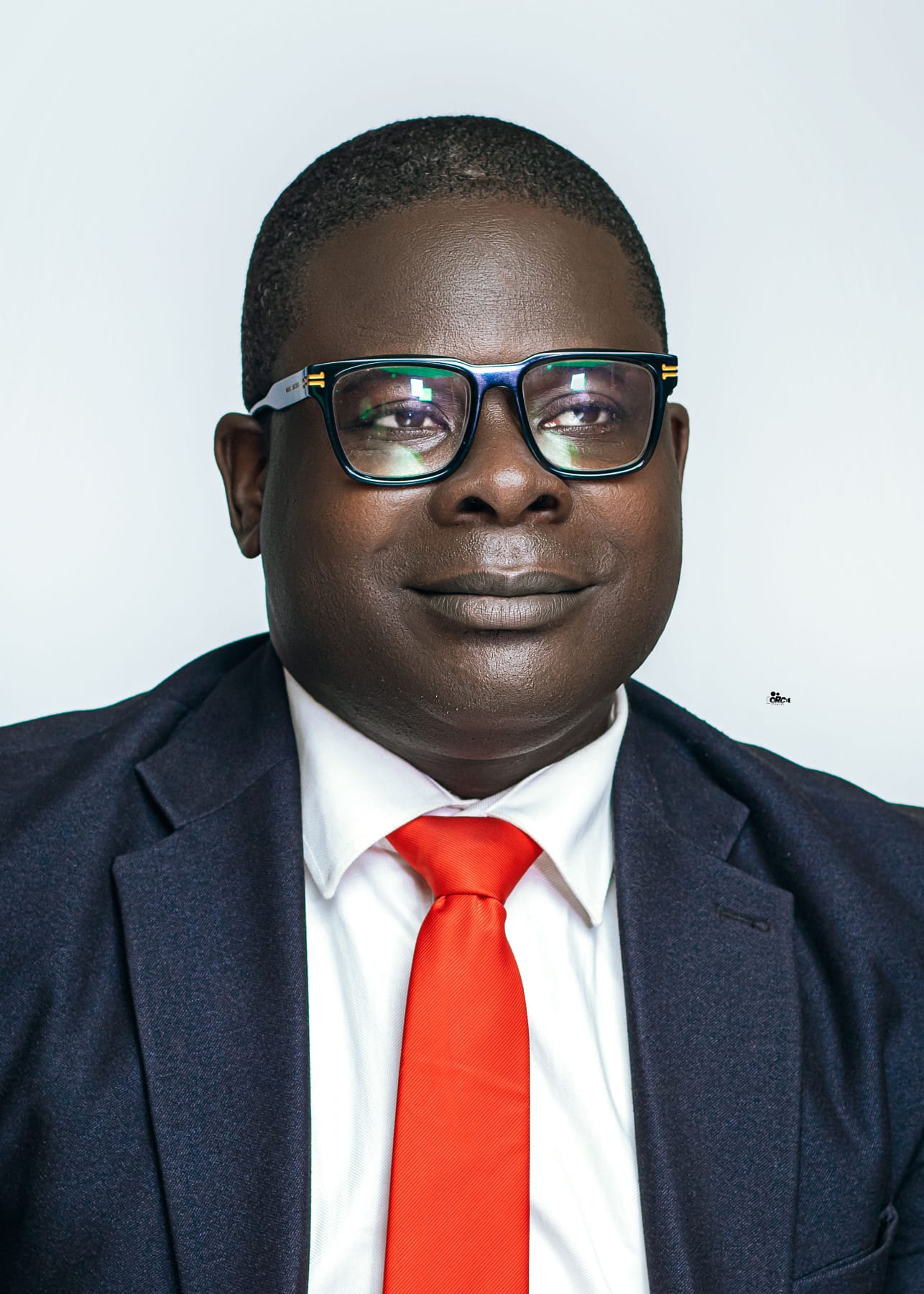
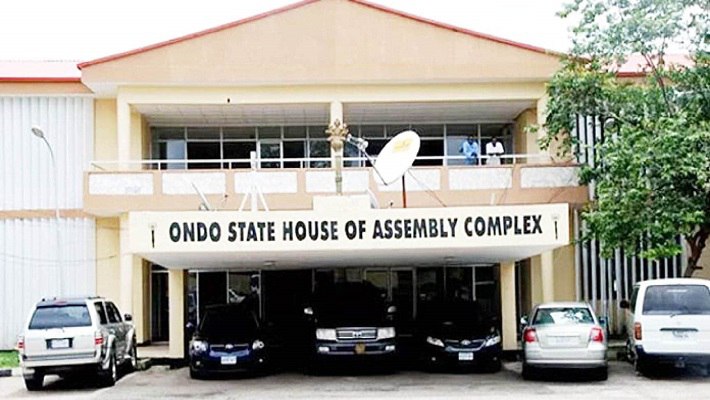
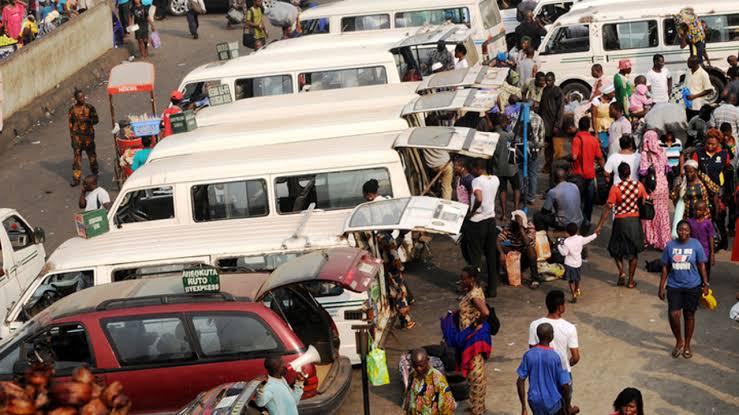
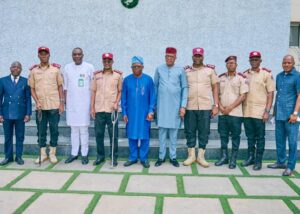
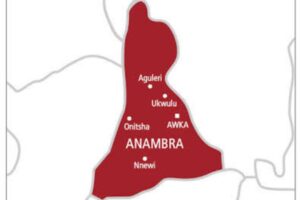
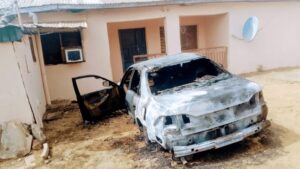
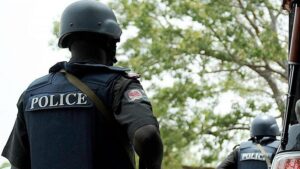

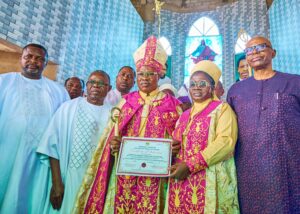

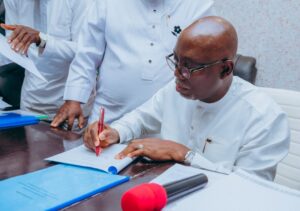

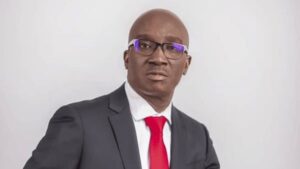
Post Comment